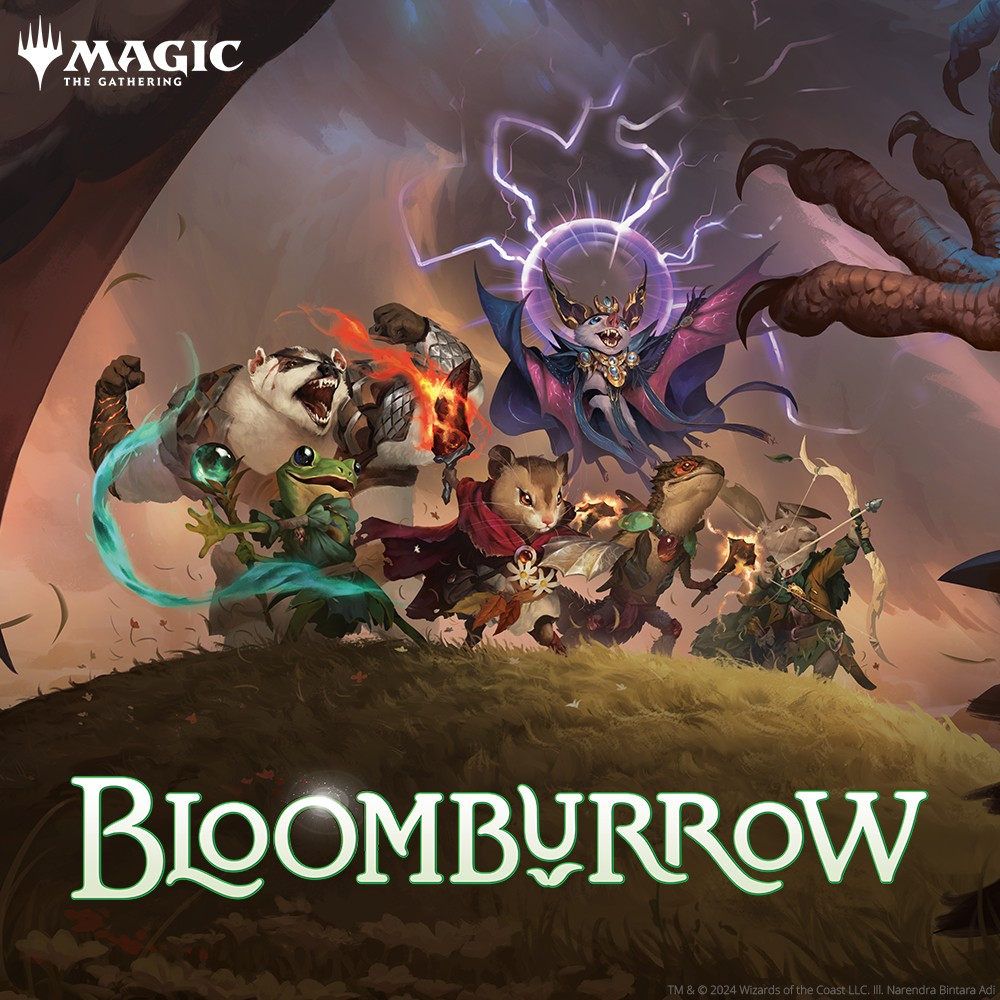There has been a lot of discussion over what makes someone a good Magic player. Some say that the deck makes the player, some say it's how the deck is played. Others go as far as to say that dedication to the brand and flavour is the way to go. It's all subjective because the fun of the game comes from so many things. I can't tell you how to enjoy the game. What I can do is give you some tips on how to improve your game and be the best player that you can be!
Welcome to "The Art of Magic"! Today we're going to talk about the value of knowing your meta. It doesn't matter whether you're playing with a singular play group, in a larger local meta, in the larger national or international meta, or an online meta. If you're going to dedicate to any of them, then you need to know it. After all, knowing what you're up against could change how you build your decks, how you respond to plays, and how you sideboard. It's one of the most important parts of preparing for the win.
A lot of knowing your meta comes down to knowing some key things: which cards are legal in the format you're playing; the players you're likely to be playing against; what the most popular decks in the format are likely to be... that kind of thing. It's really a Type A kind of dream: itemizing, cataloging, and planning based on information you're gathering.
While it might seem kind of insignificant to some, it really helps you. Here's a great example that's kind of off the beaten path using a couple of cards I've seen recently.
The stereotype frequently goes to be overly careful of players with open blue mana. It's likely a sign that they have a response to your spells and are just waiting for the right play to react to. Blue is far from the only colour with instants you want to play on an opponent's turn however. The two cards above a great example. Both of these cards can be used once you declare your attackers and pass priority. Settle the Wreckage exiles all your attackers while Teferi's Protection simply makes your attack moot. In fact, you could even lose some of your attackers to the latter. Heck, there's even stuff like Deflecting Palm that would make you think twice about recklessly attacking without having a response of your own.
Knowing your meta means you know how likely you are to run into the above cards. It also determines how likely you are to have some kind of response to the above cards, and what you'll have to do in order to draw that out. It may sound like a lot of work, and it is, in a way. But this is one of the differences between casual and competitive play. I also find this to be one of the few ways you can tell the difference between a net deck and a truly competitive and creative deck - but that's a story for a different article.
That's not to say you want to build a deck based strictly on responses. You don't. What you want to do is build the whole of your deck with your meta in mind. Win condition, board states, mana bases, from top to bottom you want to understand what you're up against. The win condition is likely the most important among them. If you're relying too heavily on a creature based win condition like, say, Laboratory Maniac but you're not running a Doomsday combo (and if you're not, why is your win condition Laboratory Maniac?) and your meta is packing a lot of creature removal, you might need to rethink your win condition. Thanks to the wonderful state of the game, that doesn't even always require you to drastically change your deck either!
What do you think of the meta you play for? Do you have any examples of when you had to change your deck or play style to accommodate for your playgroup or a local meta? Leave a comment and I may just feature it in a future article!


